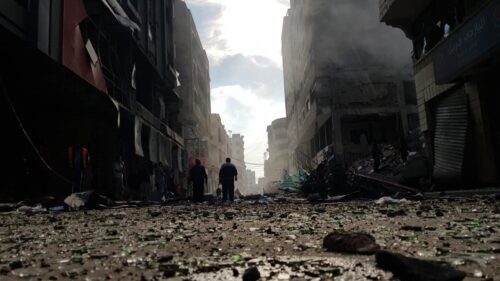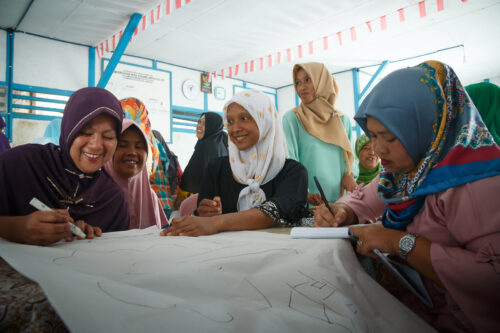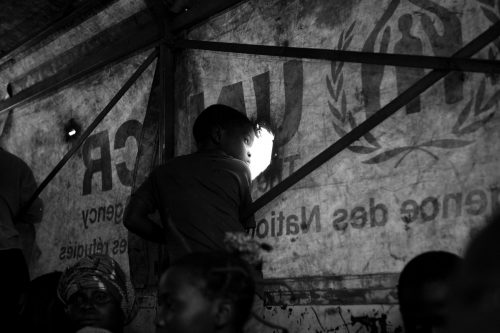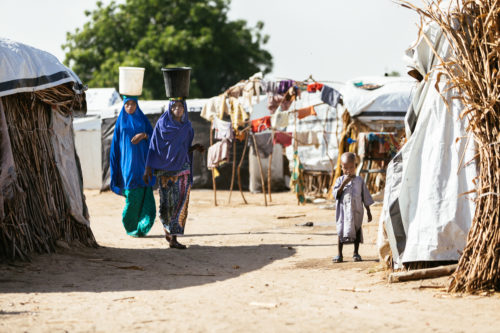Aid Workers Are Not a Target
Gaza has evolved into one the world’s most dangerous places for humanitarians to provide aid. As of March 20, 2024, at least 196 humanitarians have been killed in Gaza since the beginning of the war.
Gaza has evolved into one the world’s most dangerous places for humanitarians to provide aid. As of March 20, 2024, at least 196 humanitarians have been killed in Gaza since the beginning of the war.

The InterAction Humanitarian Award recognizes an individual or individuals whose work reflects important leadership qualities in humanitarian practice, such as…

When well-meaning people ask—as Elon Musk recently did—for a cost accounting for humanitarian activities, security can be among the…

This research paper from EISF is targeted at staff members within NGOs who have the responsibility for ensuring the security and wellbeing of staff members - for example, security focal points, HR specialists and senior managers. The research aims to better understand whether diversity is systematically addressed by aid organizations within their security risk management systems, and what challenges aid organizations face in relation to managing the security of aid workers while being mindful of their diversity. The research aims to identify good practice, and provide guidance to aid organizations on how to balance staff security and duty of care obligations while still respecting their employees rights to privacy, equality and inclusion.
This document from EISF aims to support aid agencies in preventing, being prepared for and responding to incidents of sexual violence against their staff. It is available in English, Spanish, and French.
This document from Duty of Care International provides some safeguarding guidance on performing reference checks.
This document from EISF aims to build on the growing awareness of sexual violence against aid workers to provide guidance for agencies on how to reduce the risk of sexual violence, how to increase incident reporting, how to aid the recovery of survivors, how to positively influence organizational culture and how to deal with in-house perpetrators. This document will be useful for anyone with a responsibility for staff care, safety, and security as well as anyone involved in processes aimed at preventing or responding to incidents of sexual violence against staff, such as security focal points, HR staff, project and program staff, and first responders to incidents of sexual violence within an aid organization.
This study’s goal is to contribute knowledge to the prevention of and response to sexual harassment and assault against aid workers, a topic that is under-researched and under-reported. This is one of the first scholarly, in-depth studies of sexual harassment and assault against humanitarian aid workers, including heterosexual women and men and lesbian, gay, bisexual, and transgender (LGBT) aid professionals.
"More than 120 CEOs of U.S.-based international NGOs have signed a pledge promising to strengthen policies to prevent sexual misconduct by staff. Some organizations are starting to take more concrete actions."

“There was a feeling, from some NGOs that I spoke with but also some U.N. actors, that we kind of just went along with what the government was proposing,” said McIlreavy.